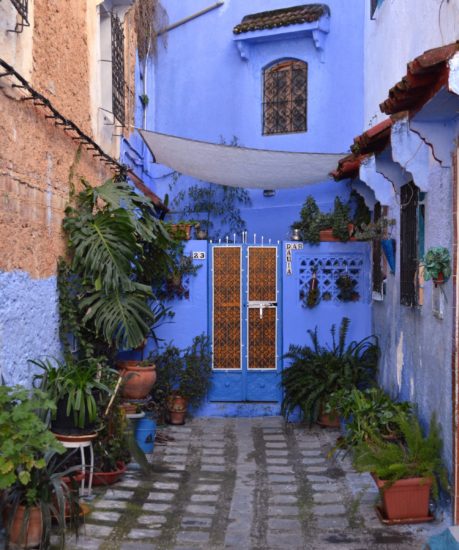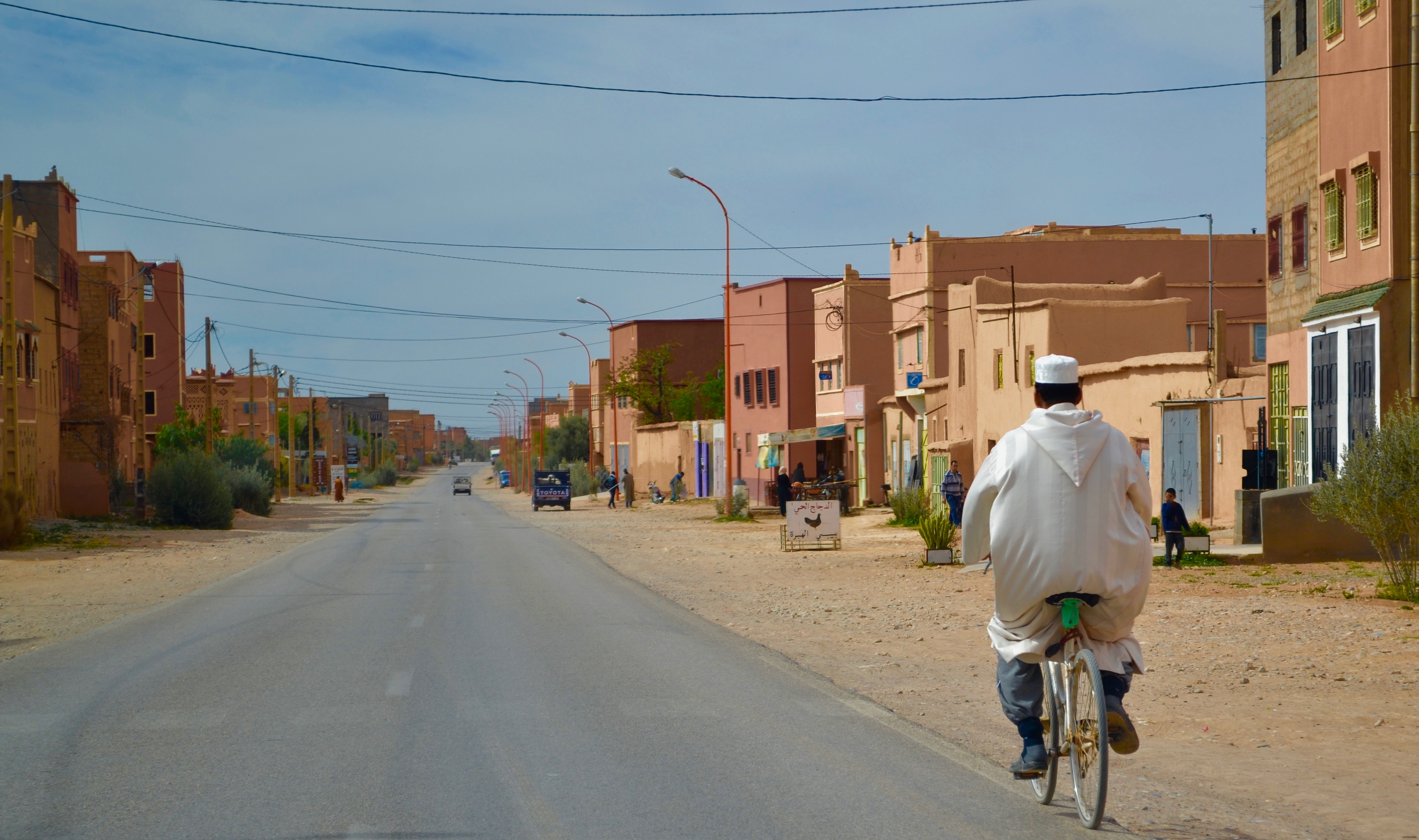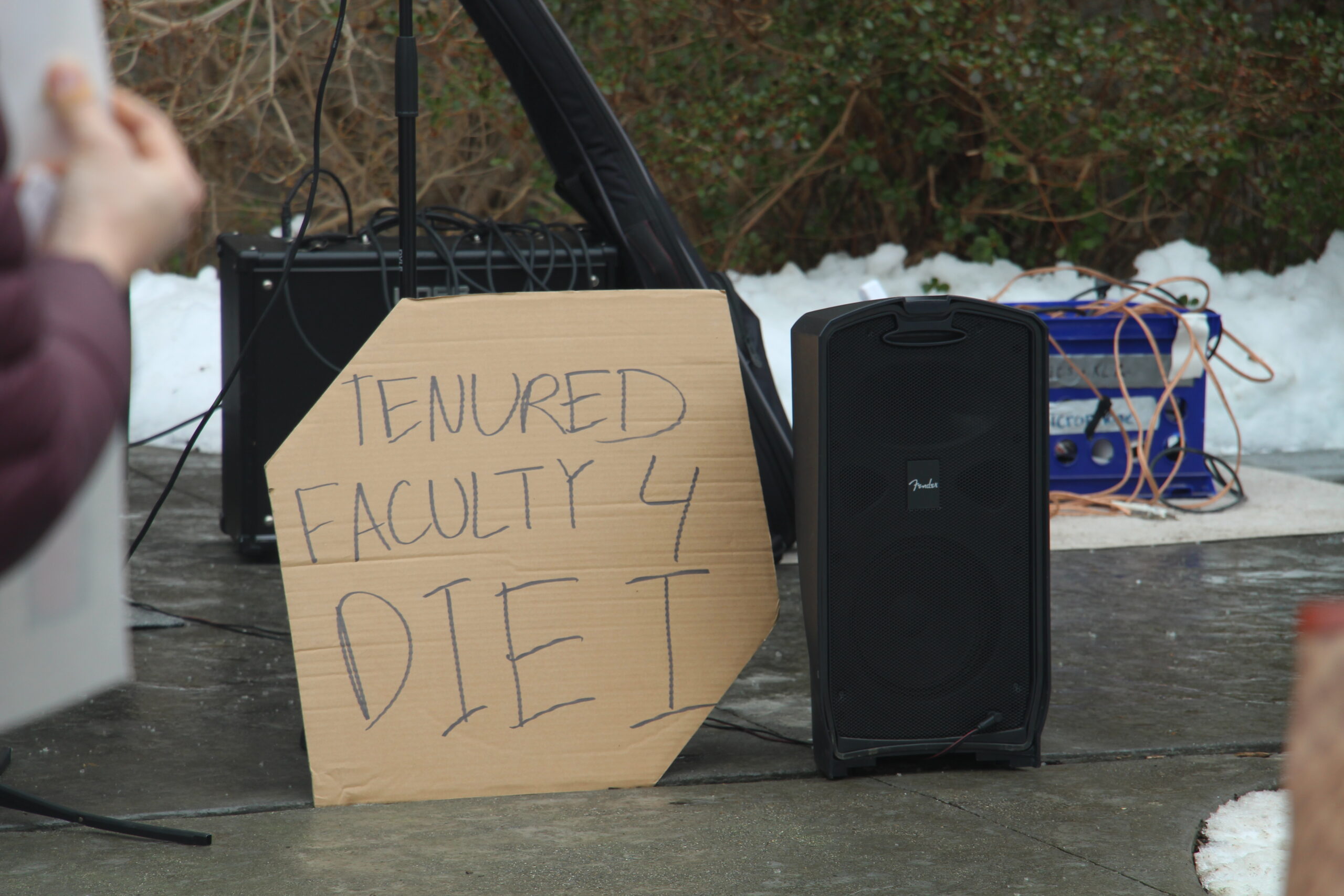Starting my semester abroad, I tried to keep my expectations to a minimum. Morocco was not the first country I wanted to study in, but there I was on a plane bound for Fes, with only a fraction of knowledge about the country and Arabic language skills of a three-year-old child. I had worries about how I would communicate, what I would learn, and whether or not I just sealed my fate as a 5th year senior, but most of all, how I would come to terms with my positionality. Over the course of the last few months, I have had the absolute pleasure of meeting some of the most talented and intelligent people I’ve ever come across. I have loved getting to know them, laughing and crying with them, speaking horrifyingly bad Arabic with them, seeing their homes, and meeting their families. Despite all of this, or perhaps because of all this, I have found myself returning to the same question: with all my privilege and positionality as a white American man, how could I understand the lived experience of Moroccans? My life has been so vastly different than my Moroccan friends here. Even if they are part of the “privileged” upper classes, they still have had trouble leaving the country, have faced bigotry both from Moroccans and others based solely on their heritage, and continue to face intense gender discrimination and live under an Islamic monarchy.

As the last few weeks of my semester are approaching, I’ve reflected on everything I have experienced. One of the biggest things I felt that I’ve learned is the universal rationality of life. Speaking with my friends about how they view their own country, I have learned that many of them, despite not practicing Islam while living in an Islamic monarchy, were able to understand the conservative views of their fellow Moroccans. They instead believe that the society they were raised and live in actively teaches patriarchy and suppresses democracy, and that the strength of religion in Morocco means that change can’t come now, but slowly. This is not to say that I feel like I’ve lived in an authoritarian regime — far from it. To elaborate, a friend who studied in Cairo reflected to me once that the homeless in Cairo are not simply people without homes like in the United States. In Morocco, I found the same. The people here care for each other unconditionally. Restaurants will always serve the homeless. Children outside of school are scolded by strangers for not attending. If neighbors are sick, the entire community supports them.
I came to Morocco to learn Arabic and see how others lived their everyday lives, but I will leave having learned the way of life I had forgotten — unconditional community support. This country has a long road ahead to achieve equity on a myriad of issues, but it is one that comes to the forefront of my mind in terms of emphasizing community solidarity. Here, the response to hate is love, and I think everyone can try that out a little more. •











